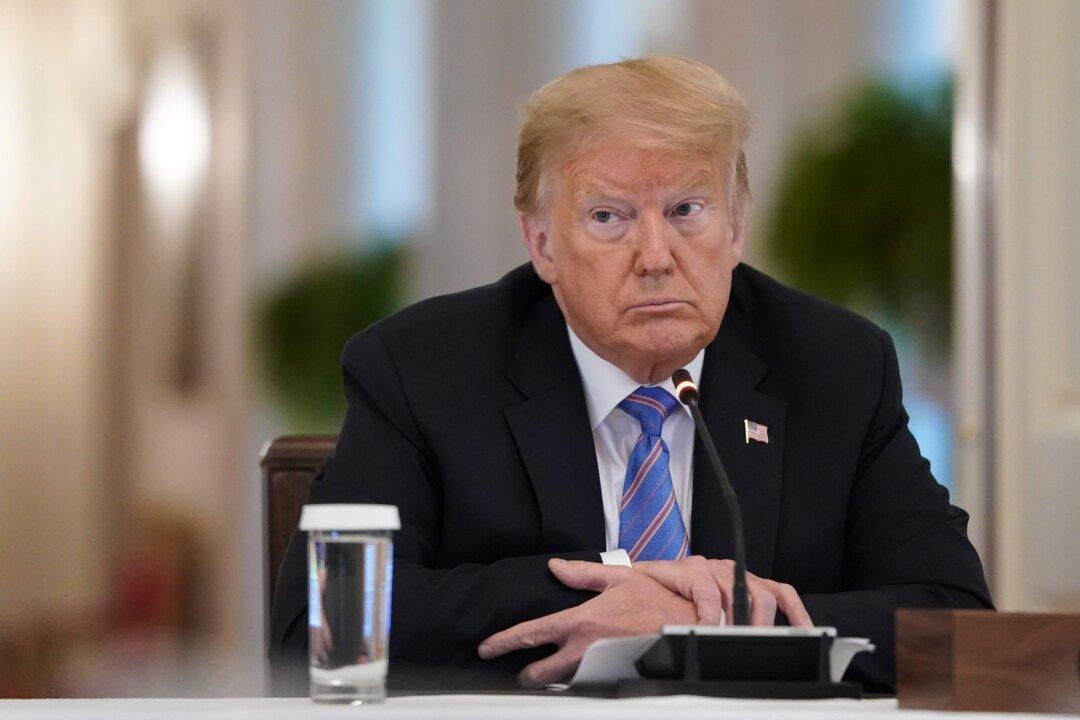A coalition of states and Washington are suing the Trump administration over its rule that prevents international students from staying in the United States if their school only offers online courses in the upcoming fall.
Seventeen states and the U.S. Capital filed the lawsuit on Monday asking the U.S. District Court for the District of Massachusetts to block the rule that requires international students to leave the country or transfer to another institution if their schools offer classes entirely online in fall 2020. If not, the students may risk consequences such as deportation.




